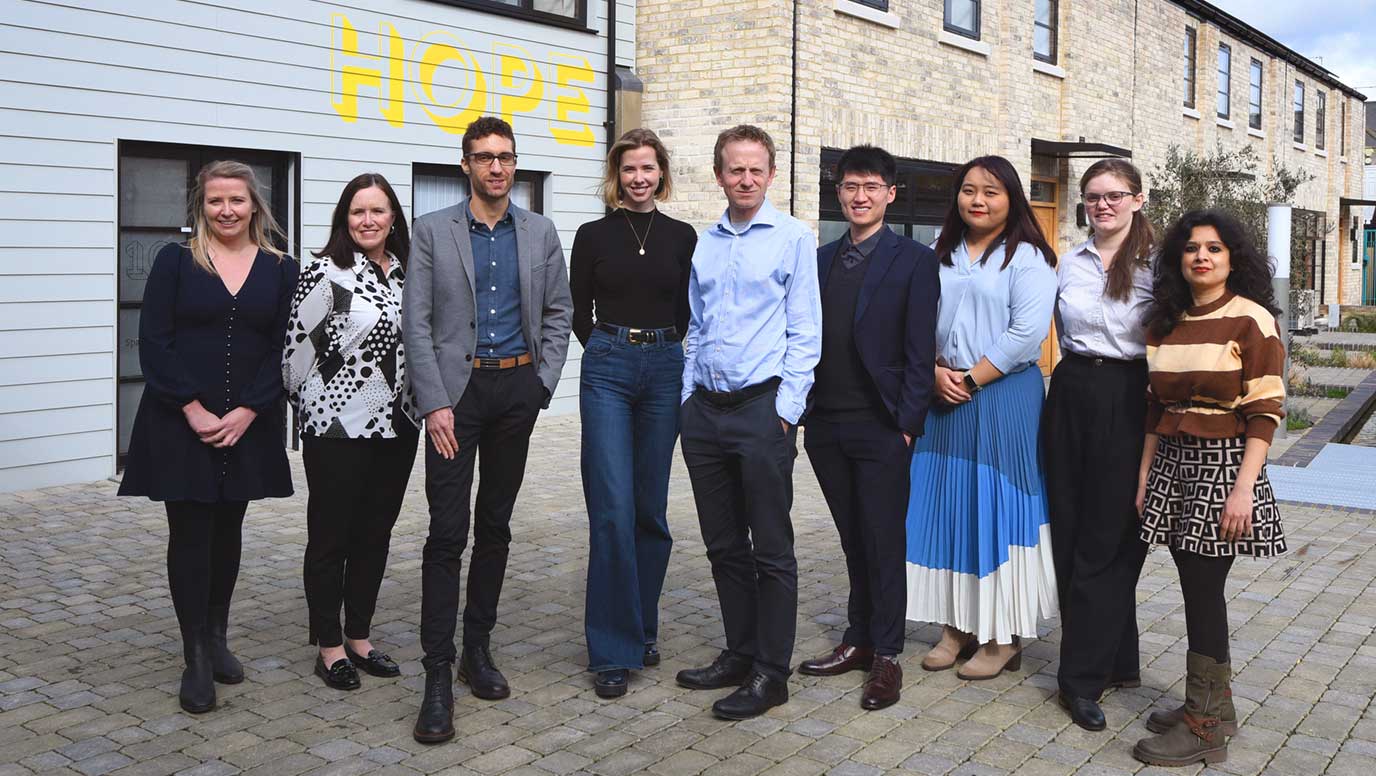Global VC firms back Cambridge biomimicry startup with early stage funding

Sparxell is commercialising products designed to eliminate synthetic chemicals from colourants in multibillion dollar markets such as cosmetics, fashion, paint and packaging.
The Circular Innovation Fund, a global venture capital fund jointly managed by Demeter and Cycle Capital with L’Oréal as an anchor investor, participated in the seed funding round alongside others including SpaceX-backer Future Communities Capital, PDS Ventures, Katapult, Joyance Partners and SNØCAP VC.
Sparxell was founded in 2022 by Cambridge scientists, led by CEO Dr Benjamin Droguet and Professor Silvia Vignolini, who discovered ways to replicate vibrant colours in nature using fully plant-based cellulose, a renewable, biodegradable resource that can be extracted from waste streams.
Sparxell’s pigments use the same material that many plants and animals use to produce vivid, durable, and fade-resistant colourants. The products are toxin-free and fully biodegradable with a colour intensity that lasts longer than traditional colourants and pigments on the market.
The company has already engaged in product innovation partnerships with blue-chip companies across different industries including leading car manufacturers, world-leading high-end fashion brands, and cosmetic goods manufacturers.
Dr Droguet said: “Traditional chemical colourants are causing major environmental harm through every stage of their lifecycle, from manufacture to degradation. Over 10,000 fossil-based chemicals are used in current colouration processes.
“The textile industry is a well-known emitter of dyes and microplastics, with over 1.5m tonnes entering the environment every year, while paint has recently been recognised as the largest source of microplastics in the ocean.
“Our plant-based materials can be grown and sourced locally in a complete rethink of how colours are currently being manufactured while reducing transport emissions.”
The colourants market is worth an estimated $38 billion and is expected to grow to over $100 billion by 2030.
Sparxell is targeting specific markets including beauty (colour cosmetics, personal care, creams, sunscreens, glitter make-up), fashion (textile colouring, embellishments, sequins), packaging (bulk colouring, films, foils), and paint (automotive, building).

